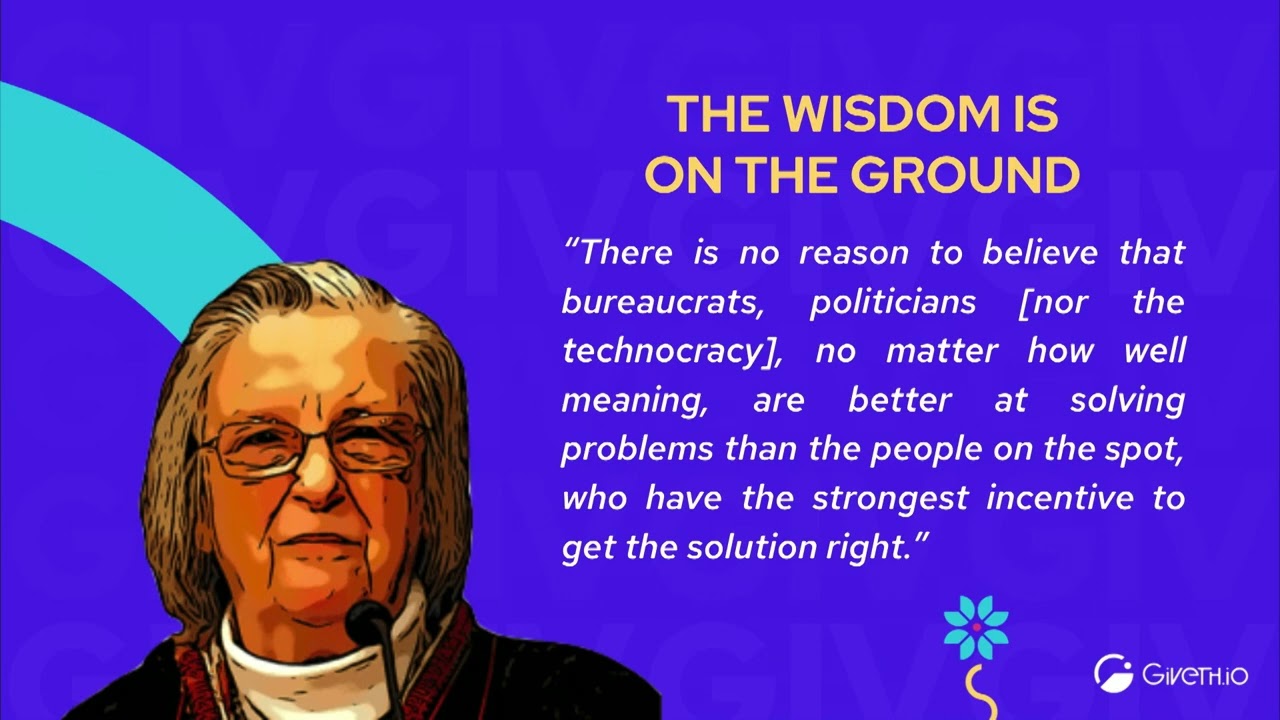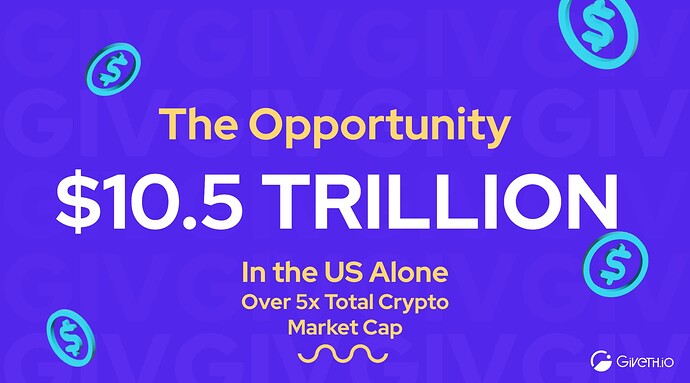I’d be interested in utilizing GTC and other community governance tokens to measure Quadratic Funding contributions in a Gitcoin Grants ecosystem by a shared denominator.
For example, GTC could be the only accepted unit of account for Gitcoin Grants main rounds. Likewise, ENS could be the only accepted unit of account for ENS rounds. UNI for the Uniswap rounds. MATIC for the Polygon round. Et cetera. So to get main round matching on a contribution to a project on Gitcoin Grants, you’d need to contribute in GTC.
In a nutshell, in Gitcoin Grants, people would utilize community governance tokens for governing the Quadratic Funding matching pools related to their communities.
The governance token would be the only unit of account accepted for matching-eligible Quadratic Funding contributions. This requirement is easy to ensure because currently, the Gitcoin Grants Quadratic Funding contributions all happen on-chain, enabling the special status of the governance token to be hard-coded.
Why bother? Besides adding utility to the governance tokens in Gitcoin Grants, there are some serious issues related to the current setup. Currently, we nearly accept every Ethereum-based token as units of account, including the most universal forms of account like US-dollar pegged stable coins, bitcoin, and ether. These features lead to a) weird incentive shifts and b) extreme power inequalities.
Weird incentive shifts: Accepting multiple units of account and even coupling contributions to multiple matching funds adds incentive complexity that we haven’t thoroughly analyzed yet. Based on what unit of account and value do we usually denominate the contributions? Do we have reliable oracles to scale the value denomination? What are the social benefits of accepting multiple currencies? Does it align with the values of our community? Does it confuse the community?
Extreme power inequality: @anoanoano proposed a new community currency design to recognize and foster wealth in a more meaningful local context than universal currencies. He explains the various troubles with exitocracy that more universal units of account like USD, EUR, BTC, and ETH enable.
Put simply, money makes it easy to uproot power accrued in one community, and transplant it to another. Let’s call this capital exit .
Capital exit is how mud gets tracked into the house; it is how the language we speak with our enemies becomes the language we speak with our friends. When anyone who accrues power within our community can cheaply remove it, we can no longer assume that our community will return what we put into it. This makes us lose faith in the process of mutual aid – the idea that what we give to others will come back to us. And without a commitment to mutual aid, we lose the reason behind our reverence for the norms of justice, accountability and legitimacy that constitute our communities.
This is a devastating value destruction, in every sense of the word value. The trust and norms that prevail within communities unlock uniquely rich and productive forms of cooperation. They are the source of enormous power. Therefore – returning to the idea of observer effect – money as a universal unit of account actually diminishes precisely the community-based power that it purports to measure.
…
Traditional money, and indeed traditional private property, has a kind of forgetfulness. It stores no information about where it came from, and in a way, asserts that its provenance is irrelevant. However, this ahistorical quality is a moral fiction. The value of land was always co-created over time by people other than its owners. Profit taken from a business always owes something to the loyalty and sacrifice of customers and employees.
If money (and other forms of private property) had memories, these memories would reveal that ownership and wealth is always co-created and underwritten by a community (or communities). Any economic institution – including a currency – that intends to support the social fabric upon which it depends must respect this fact.
Prewitt’s post is a cohesive diagnosis of issues with universal money and a prescription for more plural money that, among other things, would require:
- Formalized community membership accounts,
- Democratic community currency governance,
- Governance of real-world assets through community currencies,
- Dynamic community currency exit taxes.
It might take a significant effort to build the features needed to achieve this valuable vision. In the meantime, single-token matching-eligible contributions in Gitcoin Grants (e.g., GTC for main round matching eligibility) might get Gitcoin one step closer to it.
In any case, I’d be delighted to break down Prewitt’s more comprehensive picture of plural money into actions and strategies related to governance tokens like GTC and their intersections with Quadratic Funding ecosystems.
For example, another step might be to tax Gitcoin Grants recipients who want to send out their GTC received in the main round to accounts other than verified main round contributors and projects. This process might work similarly to the follwing prescribed by Prewitt. (Note that CC stands for community currency.)
… CC transfers to non-community members are taxed quadratically, in the following way. The amount of wealth a transferor has, not the amount they’re transferring out, determines their quadratic exit tax rate . Suppose someone has 100 units of CC wealth … . The square root of 100 is 10. 10 thus becomes the number by which any removal is divided. So, if a person with 100 CC wealth wishes to transfer 2 units of CC to a non-member of the community, it will cost them 20. The other 18 will go into the community treasury.
- The logic here is that the more wealth a person has within a community, the greater their obligations to the community, and the greater the cost to the community when they remove it.
- This steep exit tax is mitigated if you are transferring from one community to a member of a second community that has substantially overlapping membership. Thus, if community A and community B have 75% identical membership, then all else being equal, only 25% of a transfer from a member of A to a member of B is taxed like an external transfer.
To the latter point, dPopp and Grants Hub might enable us to track contributor and project memberships in Quadratic Funding ecosystems in terms of what matching rounds somebody contributed to and what matching funds a project is eligible for.

